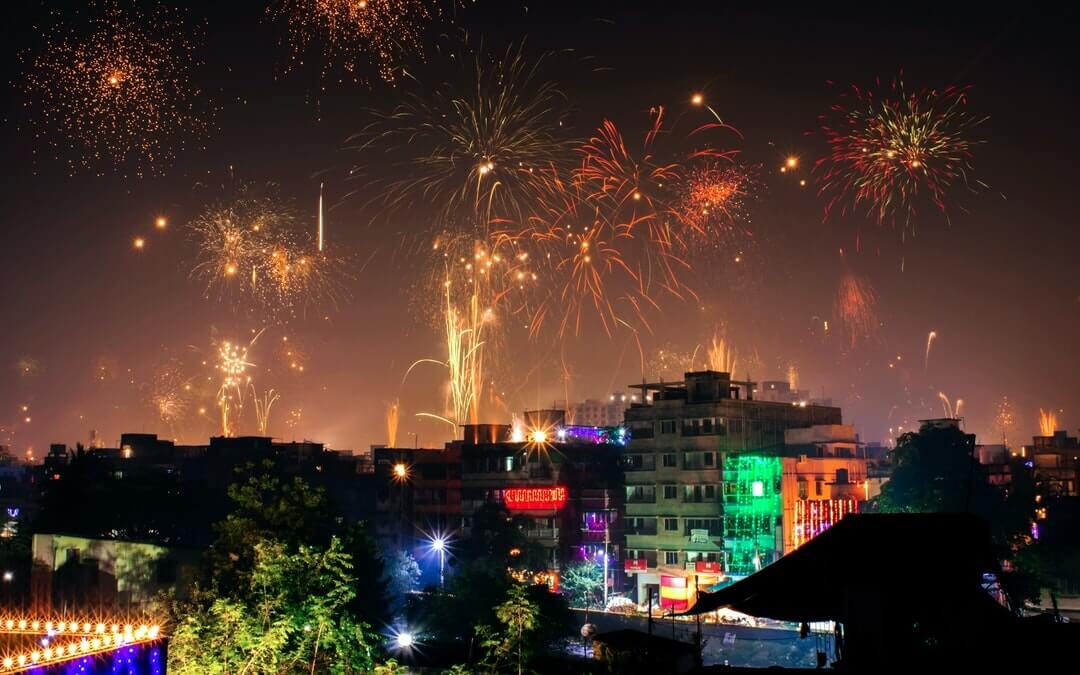Diwali, or Deepavali, is in fact a festival of lights, which marks the victory of light over darkness. This significance can also be termed in other words, as victory of knowledge over ignorance, good over evil, hope over despair. Typically, this Diwali Festival is celebrated over the course of three days (in many parts of the country, the festival is a five day long affair) and is considered as the biggest and the brightest festival of the country. However, one must know the fact the main festival of the night always fall on the dark, new moon night of the Kartika, Hindu Lunisolar month.
Hindu Mythology related to Diwali
The religious significance differs with the difference in location and within the country, the significance is established depending on the school of Hindu philosophy, regional myths, beliefs and legends. However, the most accepted and followed significance of Diwali is the returning of Lord Rama along with his wife Sita and Brother Laxman from the exile of 14 long years of forest life. In association with it, the vanquishing the demon-king Ravana through the hands of Lord Rama and then returning back to the home is just reason.
How is Diwali Celebrated?
Over the long three days (or five day event), great celebration is what young kids look for. While for others, the cleaning of home, renovating of home, decorating homes and offices is what is highly attached with the preparations of Diwali. On the night of Diwali itself, people are seen in new and best outfits and traditionally light up diyas all over the home. Participation of people in prayers offered to Goddess Laxmi, for the prosperity and wealth is just another of the event during this wonderful festival of lights. After the Puja, people follow fireworks and a feast. Exchange of gifts between people is just another custom associated with the festival. Sweets are highly a part of the celebration of the Diwali.
People even, choose to play gambling. The tradition behind this, in a tale according to which, Lord Shiva and Goddess Parvati played dice games on this particular day. Goddess Parvati decreed that whosoever gambled on this night would prosper throughout the ensuing year. Some other events are also associated with the Diwali Festival and two days before the festival of lights, an event ‘Dhanteras’ is celebrated by the people all over, which is celebrated on the 13th lunar day of Krishna Paksha. It is, in fact, the first day of the festival of Diwali.
The exact day of the festival of lights, is decided by the position of the moon and based on the Hindu calendar, the day of no Moon is considered as the most auspicious one for the festival day. The festival of lights signifies the celebration by lighting diyas and candles for the sole purpose to drive away the darkness of Amavasya or the No Moon Night.
This is the festival of Victory of good over bad and also teaches us a lesson of well being and truth.

